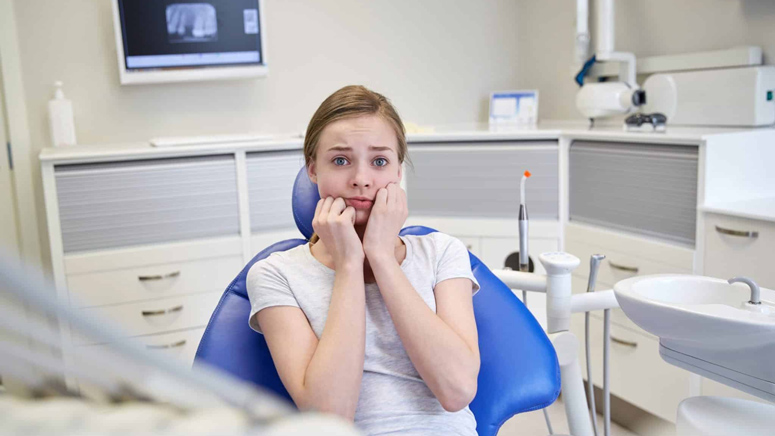A tooth abscess is a pocket of pus from a bacterial infection that occurs in your gums. An abscess usually appears in the form of a red, swollen bump, boil or pimple. It affects the tooth involved, but it can spread to the neighboring teeth and surrounding bone. Abscess can occur in places around the tooth and for different reasons.
There are three types of tooth infections that can cause abscesses, they include:
- Gingival: In this case the infection occurs in the gums. It doesn’t usually affect your tooth or support structures.
- Periapical: This form of abscess is an infection that happens at the tip of your tooth root. If you have a fractured tooth or decayed tooth, bacteria can enter your tooth and spread to the pulp. (The pulp is the innermost part of the tooth that contains blood vessels and nerves). When there is an invasion of bacteria on the pulp, infection can spread to the tip of the tooth’s root, then, even to the bones that surrounds it, causing an abscess to form.
- Periodontal: In this case the infection starts in the bone and tissues that support your teeth. A periodontal abscess is usually as a result of gum disease and is more common among adults.
You might be wondering, what effect does a tooth abscess have on my oral and overall health? If left untreated, a tooth abscess can spread to the jawbone, the next and soft tissues on the face, and beyond. In extremely rare cases the infection can get to the heart (endocarditis) and brain (bacterial meningitis).
Who Is Likely to Get Abscess Teeth?

There are certain factors that can increase your chances of developing abscess teeth, such as:
- Smoke: People who smoke are twice more likely to have tooth abscesses compared to people who don’t.
- Poor oral hygiene: brushing, flossing, and getting dental cleaning regularly reduces bacteria.
- Dry mouth (xerostomia): Bacteria thrive in a mouth that doesn’t have sufficient saliva. [1]
- Weakened immune system: Disease or medication can lower your immune response, making it harder to fight off germs.













